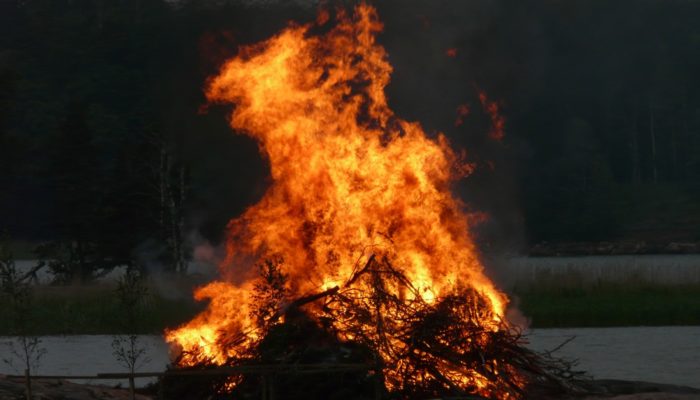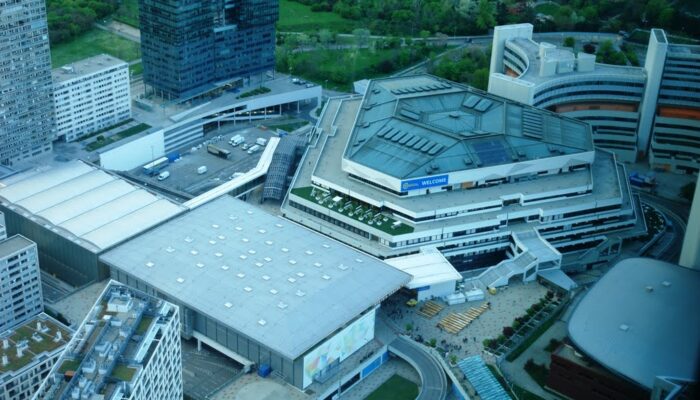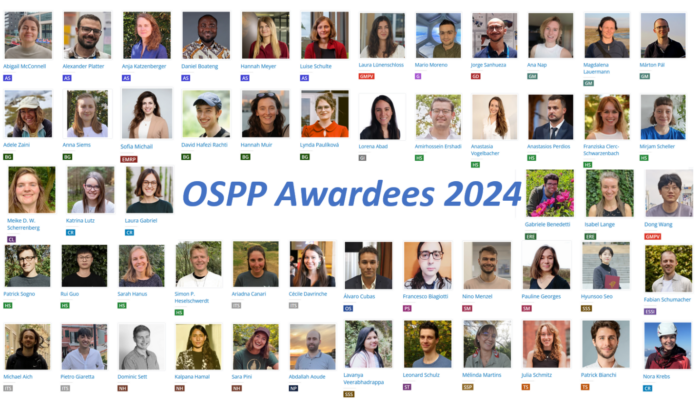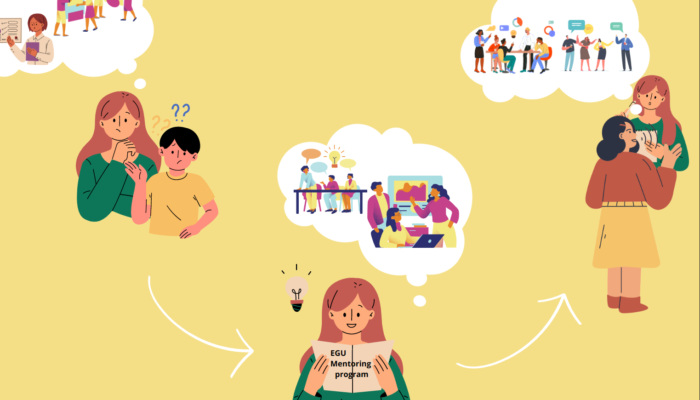We are excited to announce the 11th edition of Geodesy Campfire – Share Your Research in November. The Geodesy EGU Campfire Events “Share Your Research” give (early career) researchers the chance to talk about their work. We have two exciting talks by our guest speakers, Michela Ravanelli and Michal Cuadrat-Grzybowski. Below, you can find the details of the topics awaiting us. We will have time to ...[Read More]
Geodesy Division Highlights at EGU25: Your Essential Guide
Disclaimer: This is just a small preview of the many other exciting events planned for GA! The annual EGU General Assembly is upon us once again, beckoning geodesy enthusiasts to Vienna for a convergence of scientific exchange and networking. Embracing a hybrid conference format, EGU ensures accessibility for both in-person and virtual attendees. From traditional oral and poster presentations to ...[Read More]
Do’s and Don’ts for the EGU OSPP award
Hi there, I am Marius, an Outstanding Student and PhD candidate Presentation (OSPP) awardee from 2023 for the Geodesy Division. I want to share my experiences on the competition with you. EGU’s General Assembly is approaching, and many of you are probably preparing your contributions and thinking about how you will present your results in a few weeks. I want to give you an overview of DoR ...[Read More]
The EGU mentoring programme: Experiences from mentor and mentee perspectives
The EGU mentoring programme: Experiences from mentor and mentee perspectives Each year, EGU offers a mentoring programme to pair a more experienced conference “veteran”, defined as having participated in a General Assembly (GA) at least two times, and a conference “newbie”. As we’re getting closer to the GA period, the submission deadline for the mentoring programme is on 17.03.25, and the ultimat ...[Read More]




